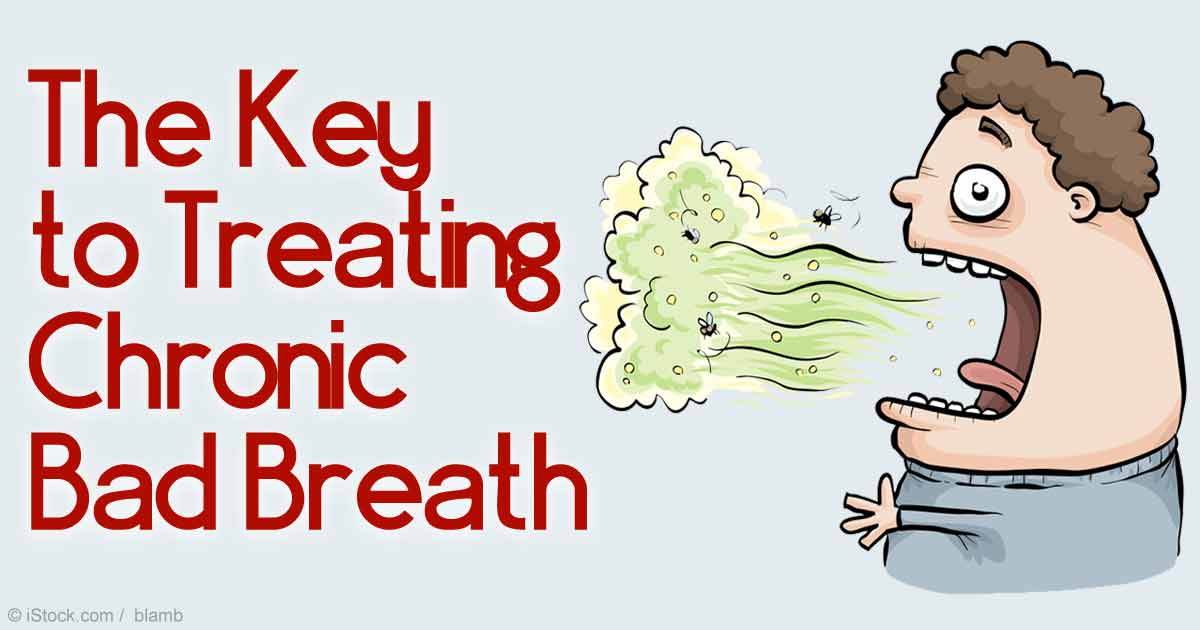The Causes Of Bad Breath And How To Treat It
Bad breath, also known as halitosis, is a common oral health issue that affects millions of people around the world. It is characterized by an unpleasant or unpleasantly strong odor emanating from the mouth, which can be embarrassing and affect one’s self-confidence. But what causes bad breath, and more importantly, how can it be treated?
Causes of Bad Breath
There are several factors that contribute to the development of bad breath. Some of the most common causes include:
- Poor Oral Hygiene: Failing to brush and floss regularly allows bacteria to accumulate on the tongue, gums, and teeth, leading to the production of sulfur compounds that cause bad breath.
- Gum Disease: Gum disease, also known as periodontal disease, is an inflammatory condition that damages the gum tissues and leads to bad breath.
- Dry Mouth: A lack of saliva in the mouth can cause bacteria to multiply and produce odors, leading to bad breath.
- Gastroesophageal Reflux Disease (GERD): GERD is a condition in which stomach acid flows up into the throat, causing bad breath.
- Respiratory Infections: Respiratory infections such as bronchitis, pneumonia, and sinusitis can cause bad breath.
- Diet: Consuming certain foods such as onions, garlic, and coffee can cause bad breath.
- Systemic Diseases: Certain systemic diseases such as diabetes, kidney disease, and liver disease can cause bad breath.

Symptoms of Bad Breath
In addition to the unpleasant odor, bad breath can also symptomize with:
- Tongue Coating: A thick, white or yellow coating on the tongue can be an indication of bad breath.
- Gingivitis: Red, swollen, and bleeding gums can be a sign of gingivitis, which can cause bad breath.
- Taste Disorders: A persistent metallic or unpleasant taste in the mouth can be a symptom of bad breath.
- General Discomfort: A feeling of discomfort or irritation in the mouth can be an indication of bad breath.


How to Treat Bad Breath
Fortunately, bad breath is a treatable condition. Here are some effective ways to treat bad breath:
- Brush and Floss Regularly: Brushing and flossing regularly can help remove bacteria and food particles from the mouth, reducing bad breath.
- Use Antimicrobial Mouthwash: Using an antimicrobial mouthwash can help kill bacteria and reduce bad breath.
- Chew Sugar-Free Gum: Chewing sugar-free gum can stimulate saliva production, which can help reduce bad breath.
- Avoid Foods That Cause Bad Breath: Avoiding foods that cause bad breath, such as onions and garlic, can help reduce the occurrence of bad breath.
- Visit Your Dentist Regularly: Regular dental check-ups can help identify and treat underlying oral health issues that may be contributing to bad breath.
- Practice Good Oral Hygiene: Practicing good oral hygiene, including tongue scraping and regular dental cleanings, can help reduce bad breath.
Conclusion
Bad breath is a common oral health issue that can be embarrassing and affect one’s self-confidence. However, it is a treatable condition that can be prevented and managed with good oral hygiene, a balanced diet, and regular dental check-ups. By understanding the causes of bad breath and implementing effective prevention and treatment strategies, individuals can reduce the occurrence of bad breath and maintain good oral health.


